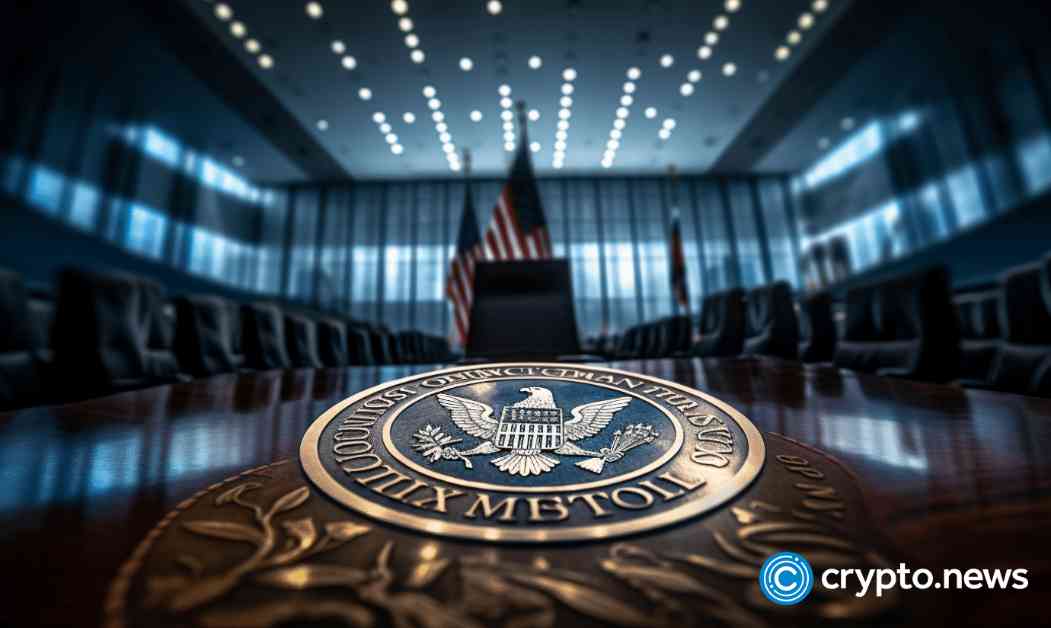The recent decision by the U.S. Securities and Exchange Commission not to appeal the court’s ruling that XRP is not a security marks a significant turning point in the ongoing dispute between Ripple and the regulatory body. Ripple’s chief legal officer, Stuart Alderoty, confirmed this development, indicating that the SEC has filed a Form C civil appeal, but it does not contest the court’s ruling on XRP’s security status.
Form C is a document that outlines the SEC’s intention to appeal specific legal decisions in a case. In this instance, the SEC is seeking a review of the court’s judgment regarding the sale of XRP tokens on exchanges and the personal sales of tokens by Ripple’s CEO and co-founder. Ripple plans to file a cross-appeal challenging the ruling on institutional sales, setting the stage for a protracted legal battle that could have far-reaching implications for the classification and regulation of digital assets.
Despite the ongoing legal wrangling, the price of XRP has remained relatively stable, experiencing a modest increase of 1.74% over the past week. In contrast, the overall crypto market has seen a slight uptick, with a growth of 0.59% and a total capitalization of $2.36 trillion within 24 hours.
According to Alderoty, the legal dispute between the SEC and Ripple is expected to continue until July 2025. Both parties are gearing up for an extended legal process, with Ripple planning to file a Form C application outlining its counter-appeal arguments. The SEC will have 90 days to submit its opening brief, during which time Alderoty anticipates the regulator will prepare a comprehensive presentation of its case.
In light of the ongoing legal challenges, Ripple has put any plans for an initial public offering (IPO) on hold. Ripple’s CEO, Brad Garlinghouse, cited the adversarial relationship with the SEC and the company’s strong financial position as reasons for the decision. Garlinghouse expressed optimism about the future of the crypto market, pointing to shifting government attitudes and increased institutional interest in blockchain technology.
The SEC’s lawsuit against Ripple dates back to December 2020 when the regulatory body accused the company and its co-founders of conducting unregistered sales of XRP tokens, totaling over $1.3 billion. Ripple contested the SEC’s classification of XRP as a security, arguing that it should be treated as a digital currency like Bitcoin and Ethereum. The court’s ruling in July 2023 determined that XRP sales to private investors did not constitute securities transactions, but questions regarding token sales to major players remain unresolved.


















